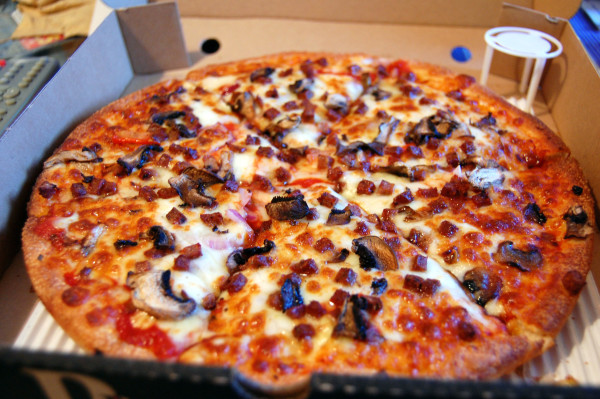Have you ever found yourself up late at night, craving a snack at an odd hour? You head to the refrigerator to grab a snack, but it seems like no matter how many bites you take, somehow you’re still hungry. What causes this spontaneous hunger that arises at the most unexpected time, and what causes it to persist? A recent study conducted by researchers at BYU may have the answer.
The researchers used MRI scanners to analyze the brain activity of several subjects after exposing them to a variety of food-related images. In this study, they conducted two sessions, one at night and the other during the daytime, in which the participants viewed a total of 360 images. In both sessions, people viewed images of both low calorie foods, such as vegetables, protein foods, or grains, as well as high calorie foods, including cakes, candy, or fast food. The researchers hypothesized that the high calorie foods would cause heightened brain activity, and that the nighttime viewings would result in increased brain activity, which would explain why nighttime snacking is so popular. The results, however, were not what the researchers expected.
Image Source: heatherwalker
The outcome of the study showed that participants actually had lower reward-related activity in their brains when viewing the images at nighttime. According to leader of the study, Travis Masterson, “you might over-consume at night because food is not as rewarding, at least visually at that time of day.” This might help explain why it is so easy to get carried away when hunger pangs strike in the evening; our brains are not as easily satisfied, so it takes a greater amount of food to produce the same “food high” than it would during daytime. Even though these results are preliminary, they can have huge implications for diet and weight management in the future.
Image Source: Tetra Images
The next time you feel the urge to grab a quick bite at a late-night hour, you can do what Travis Masterson does, and remind yourself, “This probably isn’t as satisfying as it should be.” Hopefully that can help curb those midnight cravings!
Featured Image Source: su-lin










